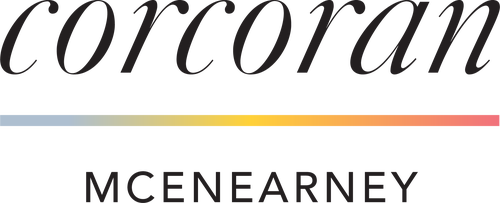Investigate general housing and environmental concerns/questions.
Such topics include: radon, lead poisoning, asbestos, formaldehyde, carbon monoxide, synthetic stucco, polybutylene, etc. A great resource is EPA.
Inspecting the neighborhood.
This is as necessary as inspecting the home you buy. You can change practically anything about a house; but it’s nearly impossible to change a neighborhood. Spend time there on your own. Look closely at the upkeep of the homes from the outside, walk around and talk to those you meet. Pay a visit after dark and during both the week and weekend to see if the character changes. Visit the local shopping areas and parks. Have lunch or dinner at one of the local restaurants.
Try the commute.
Do a dry run at the normal time you would expect to leave for work in the morning, or drive straight to the property at the end of the day. If possible, do this while schools are in session. Summer and holiday traffic in the DC area is lighter.
Investigate safety of the area.
Check the National Sex Offenders Registry for the registry of sex offenders in the jurisdiction. The local police substation is a good source to learn about types of complaints/calls they receive for the surrounding area.
Investigate the schools.
All the local jurisdictions and schools offer extensive information on their websites. If you are particularly interested in schools, make an appointment to visit them.
Examine all documentation.
The buyer agency agreement, regional sales contract, contingency clauses, etc. are common forms used in purchasing real estate in Northern Virginia. These legally binding documents should be reviewed in advance so any questions can be answered.







